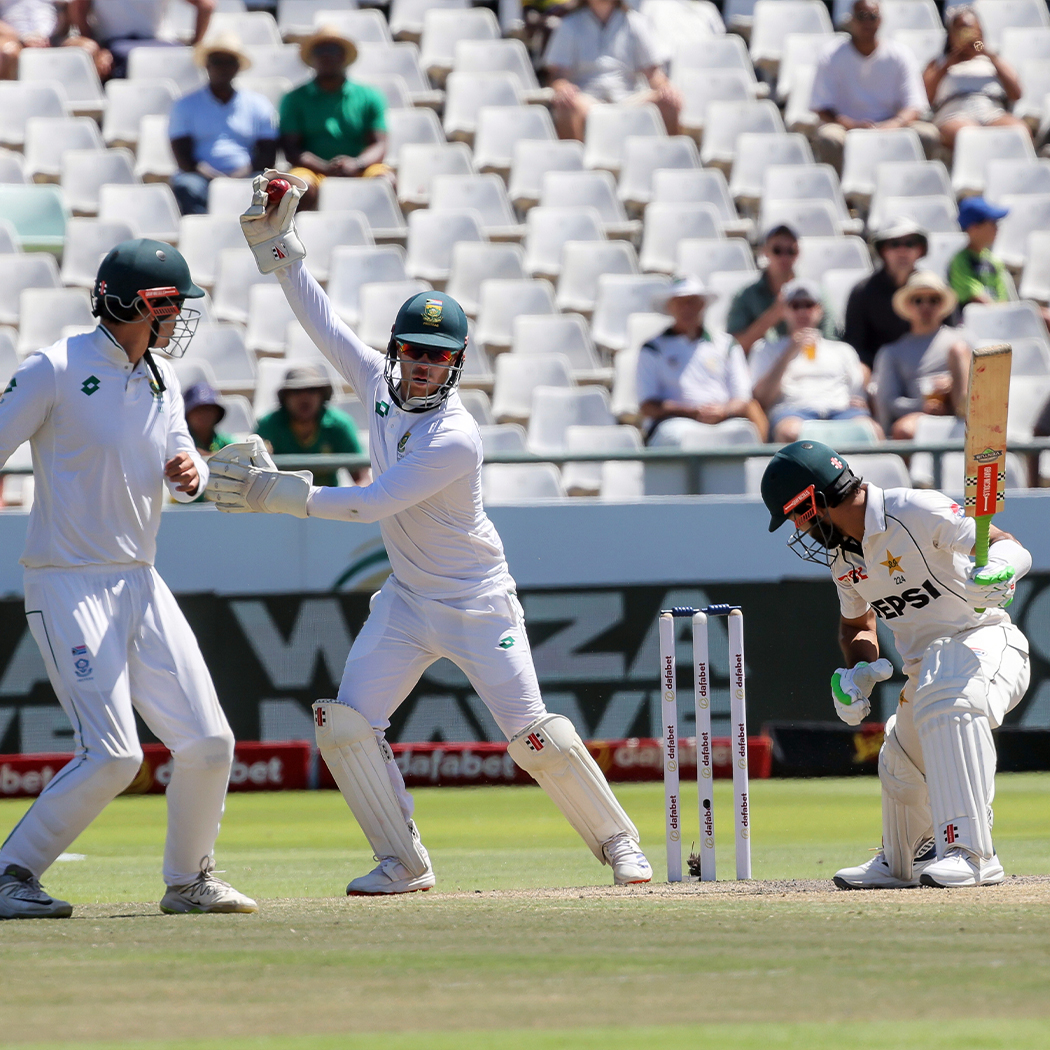ISLAMABAD: Pakistani Prime Minister Shehbaz Sharif said on Friday a Pakistani satellite going to space on board a Chinese rocket on a nearly two-month mission to retrieve rocks and soil from the far side of the moon was the South Asian nation’s “first step into space.”
The Long March-5, China’s largest rocket, blasted off at 5:27 p.m. Beijing time (0927 GMT) from Wenchang Space Launch Center on the southern island of Hainan with the more than 8 metric ton Chang’e-6 probe.
Chang’e-6 is tasked with landing in the South Pole-Aitken Basin on the far side of the moon, which perpetually faces away from the Earth, after which it will retrieve and return samples. China is the first country to make such an ambitious attempt.
This is also Pakistan’s first satellite mission to the moon.
The launch was attended by scientists, diplomats and space agency officials from France, Italy, Pakistan, and the European Space Agency, all of which have moon-studying payloads aboard Chang’e-6.
“ICUBE-Qamar satellite is Pakistan’s first step into space,” Sharif said in a statement after Friday’s lift off.
“This is a very historic moment in the journey of technological development, with this important achievement Pakistan has entered a new era of purposeful use of space.”
The PM said the achievement would enhance Pakistan’s capabilities in the field of satellite communications and create new opportunities for scientific research, economic development and national security.
“HISTORIC MOMENT”
Around 100 students from Pakistan’s Institute of Space Technology (IST) have contributed to developing the ICUBE-Q satellite. Pakistan’s proposal to build the satellite was accepted by the China National Space Agency (CNSA) from plans submitted by eight member states of the Asia-Pacific Space Cooperation Organization (APSCO).
The design, development, and qualification of the ICUBE-Q satellite were spearheaded by faculty members and students of the IST in collaboration with China’s Shanghai Jiao Tong University (SJTU), with support from Pakistan’s National Space Agency, SUPARCO.
The satellite launch was broadcast live on the IST website from the Wenchang space launch site in Hainan, China.
“This is Pakistan’s first deep space mission which is indeed a historic moment and following that maybe in the future other deep space missions can be planned,” Khurram Khurshid, the head of the electrical engineering and computer science department at IST and a co-lead on the satellite project, told Arab News.
“Along with faculty members, around 100 students contributed to various aspects of the satellite, including electrical engineering for electronics, aerospace engineering for control systems, computer science for software, and mechanical/materials engineering for identifying materials suitable for the moon’s harsh environment,” Khurshid said.
The ICUBE-Q has two cameras as payload for taking images of the lunar surface that will be transmitted back to earth for analysis, the official said.
Khurshid said after selection in 2022, it took two years of round-the-clock work by students and researchers to complete the project within the deadline.
“The design and development of the satellite were finished approximately eight months ago after rigorous qualification tests, some conducted in-house and others by SPARCO,” he said.
The satellite was then sent to China eight months back for further verification to ensure it met all requirements.
The major cost in such missions was the substantial funding required to launch a satellite, Khurshid said, adding that the cost of manufacturing the satellite was not high and was funded by SUPARCO:
“It is a small satellite, like a 7 kg satellite, so it was not a big cost as major cost required for launching a satellite will be provided free by China.”
Four of the Pakistan team members are in China to witness the historic launching.
“MYSTIQUE”
“The far side of the moon has a mystique perhaps because we literally can’t see it, we have never seen it apart from with robotic probes or the very few number of humans that have been around the other side,” said Neil Melville-Kenney, a technical officer at the European Space Agency (ESA) working with Chinese researchers on one of the Chang’e-6 payloads.
After the probe separates from the rocket, it will take four to five days to reach the moon’s orbit. In early June a few weeks later, it will land. Once on the moon, the probe will spend two days digging up 2 kilogrammes (4.4 lb) of samples before returning to Earth, where it is expected to land in Inner Mongolia.
The window for the probe to collect samples on the far side is 14 hours, compared to 21 hours for the near side.
The samples brought back by Chang’e-5 allowed Chinese scientists to uncover new details about the moon, including more accurately dating the timespan of volcanic activity on the moon, as well as a new mineral.
Ge Ping, deputy director of the China National Space Administration’s (CNSA) Lunar Exploration and Space Program, said the scientific value of Chang’e-6 lay in the geological age of the South Pole-Aitken Basin, which his team estimated was about 4 billion years, much older than the samples previously brought back by the Soviet Union and the United States, which were about 3 billion years old, as well as the 2-billion-year-old samples from Chang’e-5.
Besides uncovering new information about the celestial body closest to Earth, Chang’e-6 is part of a long-term project to build a permanent research station on the moon: the China and Russia-led International Lunar Research Station (ILRS).
The construction of such a station would provide an outpost for China and its partners to pursue deep space exploration.
With inputs from Reuters
‘First step into space’: China launches high-stakes lunar mission with Pakistani satellite on board
https://arab.news/mf3n7
‘First step into space’: China launches high-stakes lunar mission with Pakistani satellite on board

- Launch part of China’s Chang’e-6 mission to obtain first-ever soil and rock samples from lunar far side
- This is Pakistan’s first satellite mission to the moon as its ICUBE-Qamar satellite is on board Chang’e-6



















